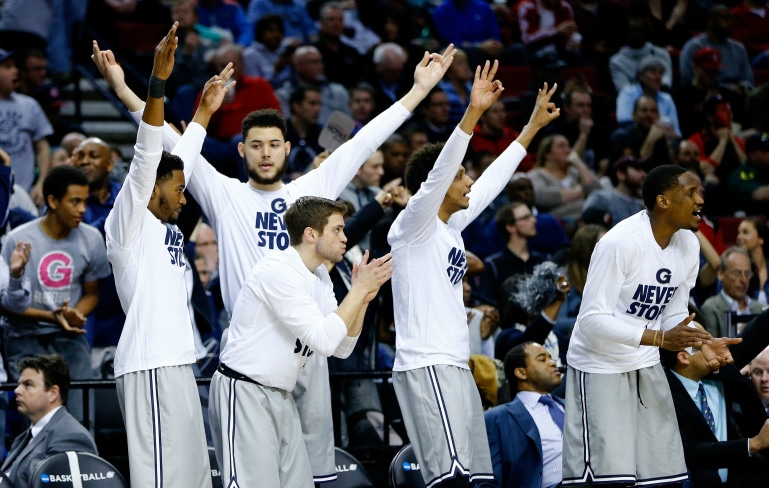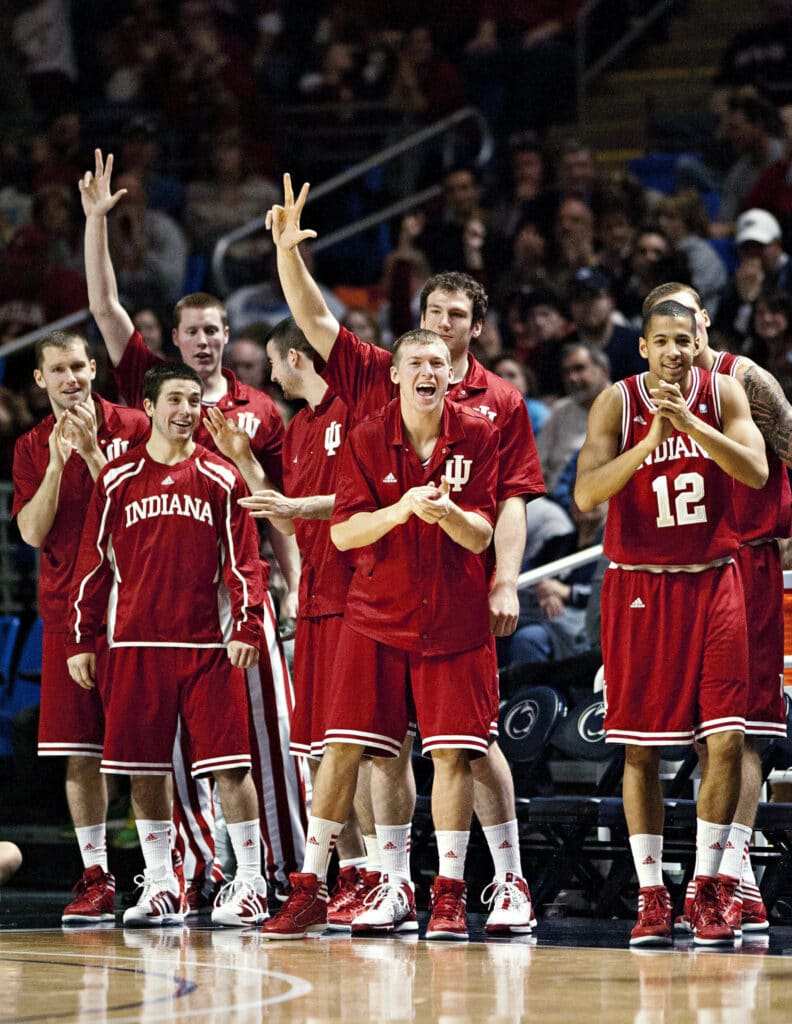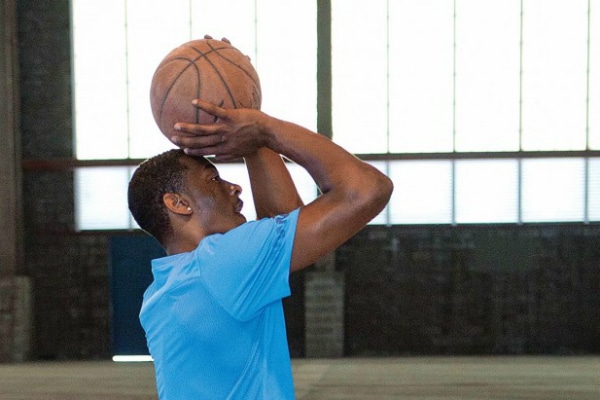
Coaching Strategies for Developing Effective Bench Players: Enhancing Readiness, Building Confidence, and Defining Impact Roles
Bench players play a crucial role in the success of any basketball team. Their contributions can significantly impact the outcome of games, especially when starters need rest or are dealing with injuries.
Effective coaching strategies for bench players can elevate the overall performance of your team. This article outlines key strategies to develop bench players and integrate them into your team’s success.

1. Understanding the Role of Bench Players
Importance of Bench Players
Bench players often have different responsibilities compared to starters. Their role includes providing energy, maintaining defensive pressure, and contributing when called upon. Understanding and communicating these roles clearly is essential for their development.
Energy and Intensity
When bench players enter the game, they should bring a high level of energy and intensity. This energy can be a game-changer, helping to shift momentum in their team’s favor. Coaches should emphasize the importance of making an immediate impact by:
- Bringing a Spark: Encourage bench players to come into the game with a mindset to energize their teammates. This can be achieved through vocal encouragement and aggressive play.
- Body Language: Teach players how to exhibit positive body language, which can uplift the team spirit and influence the game atmosphere.
Specialized Skills
Identifying and developing specific skills that bench players can contribute is crucial. Focus on areas such as defense, rebounding, or shooting. Tailoring their development to these skills enhances their effectiveness on the court. For example:
- Defensive Specialists: Some players might excel defensively. Focus on drills that enhance their ability to guard opponents, anticipate passes, and create turnovers.
- Scoring Threats: Others may have a knack for scoring. Developing their shooting form, decision-making on offense, and ability to read defenses can make them valuable assets.

2. Developing Skills Through Targeted Drills
To prepare bench players for effective contributions, focus on drills that enhance their specific skills and areas for improvement. Targeted drills help them develop the necessary abilities to perform when given the opportunity.
Defensive Drills
Emphasize defensive drills that improve on-ball defense, perimeter defense, and team defense. This ensures bench players can contribute defensively when they enter the game. Here are some examples:
- One-on-One Defense: Set up drills that pit players against each other in one-on-one scenarios. This helps them practice their stance, footwork, and ability to stay in front of the offensive player.
- Closeout Drills: Teach players how to close out effectively on shooters. A strong closeout can prevent open shots and force the opponent into tougher attempts.
Offensive Drills
Incorporate drills that focus on shooting, finishing at the rim, and creating scoring opportunities. Ensure bench players are comfortable executing offensive plays. Key drills include:
- Shooting Under Pressure: Simulate game conditions by having players shoot with a defender closing out. This helps them learn to shoot accurately under pressure.
- Pick-and-Roll Situations: Teach bench players how to effectively execute pick-and-rolls. This is a common offensive strategy that they should be familiar with to capitalize on their opportunities.
Conditioning Drills
Maintaining the fitness levels of bench players through conditioning drills is essential. This keeps them prepared for the physical demands of the game. Incorporate drills like:
- Sprints and Agility Drills: Use short sprints and agility ladders to improve players’ quickness and endurance. This is vital for maintaining energy levels during gameplay.
- Endurance Training: Long-distance running or interval training can help ensure bench players can keep up with the pace of the game, especially in high-pressure situations.

3. Integrating Bench Players into Practice
Incorporate bench players into regular practice sessions to ensure they stay sharp and are ready for game situations. Integration helps them understand their role within the team’s system and improves their readiness.
Rotations
Use practice sessions to simulate game rotations and scenarios. This allows bench players to experience different game situations and develop their decision-making skills. Coaches can achieve this by:
- Frequent Substitutions: Mimic game conditions by making regular substitutions during practice, allowing bench players to step into various roles and situations.
- Game-Like Scrimmages: Incorporate scrimmages where teams play with actual game rules. This will give bench players a chance to apply their skills in a realistic context.
Scrimmages
Including bench players in scrimmages is vital for giving them real-time experience. Scrimmages help them understand how to apply their skills in a game-like environment. Focus on:
- Position-Specific Roles: During scrimmages, assign bench players specific roles to help them understand their responsibilities within the team structure.
- Feedback Opportunities: Use scrimmages as a chance to provide immediate feedback. Discuss what worked well and areas that need improvement.
Team Chemistry
Fostering team chemistry by having bench players work closely with starters and other team members is essential. This helps build trust and improves overall team cohesion. Strategies include:
- Partner Drills: Pair bench players with starters during drills to encourage interaction and communication. This builds relationships and enhances team dynamics.
- Team Building Activities: Organize team-building activities outside of basketball practice. This could include team outings, volunteer work, or team dinners, allowing players to bond off the court.

4. Empowering Bench Players through Mental Preparation
Mental preparation is as crucial as physical training for bench players. Coaches must instill confidence and readiness in their bench players to ensure they perform well when called upon.
Visualization Techniques
Teach bench players visualization techniques to enhance their mental readiness. Visualization can help players imagine themselves succeeding in various game scenarios. Encourage them to:
- Visualize Success: Have players spend time before practices or games visualizing their actions on the court—making a shot, playing strong defense, or contributing positively.
- Mental Rehearsal: Implement mental rehearsal exercises that allow players to go through game situations in their minds. This prepares them for actual game conditions.
Confidence Building
Instilling confidence in bench players is essential for their success. Coaches can build confidence by:
- Setting Achievable Goals: Work with bench players to set realistic and attainable goals. Celebrating these small victories can bolster their confidence.
- Providing Positive Feedback: Always offer constructive criticism and praise. Reinforce their strengths and encourage them to improve areas of weakness without discouraging them.
Understanding Game Situations
Educating bench players about different game situations and strategies enhances their ability to make quick decisions. Coaches can:
- Film Study Sessions: Use video analysis to review past games, discussing various game scenarios. Highlight moments when bench players can step in and make a difference.
- Game Situation Drills: Create drills that simulate various game situations (e.g., late-game scenarios, coming back from a deficit). This prepares players for the decisions they may need to make during actual games.
Coaching Strategies for Developing Effective Bench Players Conclusion
Developing effective bench players is essential for a basketball team’s success. By understanding their roles, implementing targeted drills, integrating them into practice, and empowering them through mental preparation, coaches can cultivate a strong and versatile bench.
When bench players are confident and well-prepared, they not only enhance their own performance but also contribute significantly to the overall success of the team. Investing in bench players is an investment in the future of your program, ensuring that your team is ready for any challenge that arises during the season.



